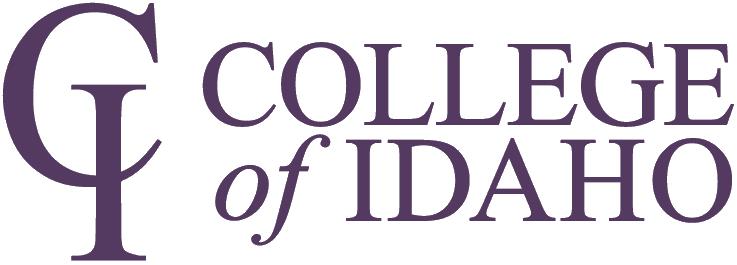Kari S. Bernard, PhD, PA-C
Director, Doctor of Medical Science Program, The College of Idaho
Despite being resilient at baseline, physician assistants/associates (PAs) may develop burnout in response to chronic workplace stressors that overtax coping mechanisms, leading to physical or psychological exhaustion. Organizational factors like disproportionate administrative burden, low levels of autonomy, and a lack of work-life balance universally contribute to PA burnout.
PA Burnout Research
To fortify themselves against burnout, PAs may look to an emerging body of well-being evidence for potential solutions.
- Research on lifestyle medicine suggests that a strong foundation of self-care, like regular exercise, healthy nutrition, and adequate sleep, may help PAs reduce or prevent burnout.
- PA studies have demonstrated the importance of interpersonal support from collaborative physicians and other healthcare team members in boosting professional fulfillment and mitigating burnout.
- Establishing a strong sense of meaning and purpose at work has likewise been shown to reduce burnout.
Overcome Organizational Burnout with Advanced Education
Earning a doctorate degree opens opportunities for PAs to restructure their professional lives to reflect what they value most, thereby lessening burnout. For example, PAs may reinvigorate a sense of purpose at work by developing an area of clinical expertise, pursuing research on a topic of professional interest, or teaching at a local PA program. A study of physicians found that spending 20% of their time on tasks they deemed most meaningful strongly predicted lower burnout. The same is likely true for PAs, and earning a doctorate provides PAs a direct path to more meaningful pursuits.
Doctorate education also equips PAs for expanded leadership roles in healthcare that may lead to reduced burnout. Taking on a leadership position may reduce burnout by affording PAs greater autonomy, more control over their work, and a higher sense of purpose. One national study on PAs demonstrated that having more leadership responsibility predicted higher professional fulfillment and lower burnout.
The College of Idaho’s DMSc Program: Antidote to Burnout
The College of Idaho’s Doctor of Medical Science program is designed for PAs to leverage advanced education and scholarly support to increase professional fulfillment at work. Most notably:
- Greater sense of purpose: Our 18-month tracks in leadership, education, and clinical practice, along with our 9- to 12-month accelerated pathways for PA fellows, experienced educators, and early career PAs provide students the knowledge and skills to expand their contribution to the healthcare system, increase their promotion opportunities, and deepen their sense of purpose at work.
- Foundation in self-care: The Lifestyle Medicine and Advanced Clinical Practice track not only positions PAs as leaders in preventive healthcare, but it also encourages them to apply healthy lifestyle practices to their owns lives as a mechanism to enhance well-being.
- Strong social support: The team of doctoral-trained PA advisors assigned to each cohort on day one of the program provides our DMSc students a powerful social network that supports professional growth and personal well-being.
- Manageable pace and workload: Our 100% online DMSc program is designed with true work-life balance in mind, with built-in summer and winter breaks that give students time to recharge while making progress towards degree completion.
Ready for More Meaningful Work?
Explore the opportunities and support systems at the College of Idaho DMSc program that support your professional growth and personal well-being.
Register for an upcoming Virtual Info Session or explore our DMSc program online to learn more about our specialty tracks and accelerated pathways.
References
1. Pollard KJ, Gittelsohn J, Patel P, et al. Lifestyle medicine practitioners implementing a greater proportion of lifestyle medicine experience less burnout. Am J Health Promot. 2023;37(8):1121-1132. doi:10.1177/08901171231182875
2. Louwagie V, Ness B, O’Laughlin D, Fisher K, Halasy M. Understanding attributes and characteristics of the PA leader-physician relationship. JAAPA. 2022;35(7):52-56. doi:10.1097/01.JAA.0000832608.87699.1e
3. Bernard KS. Well-being and the early-career PA: Influence of the collaborative physician relationship. JAAPA. 2023;36(2):35-43. doi:10.1097/01.JAA.0000911228.85787.82
4. Shanafelt TD, West CP, Sloan JA, et al. Career fit and burnout among academic faculty. Arch Intern Med. 2009;169(10):990-995. doi:10.1001/archinternmed.2009.70
5. Bernard KS, Bostain N. The opportunity to lead facilitates PA professional well-being. JAAPA. 2024;37(6):1-10. doi:10.1097/01.JAA.0000000000000022

